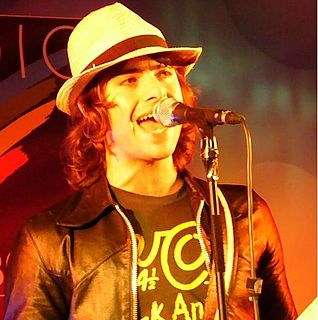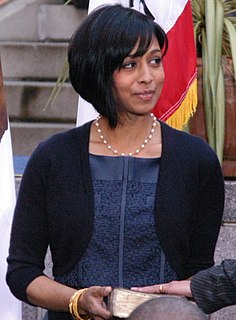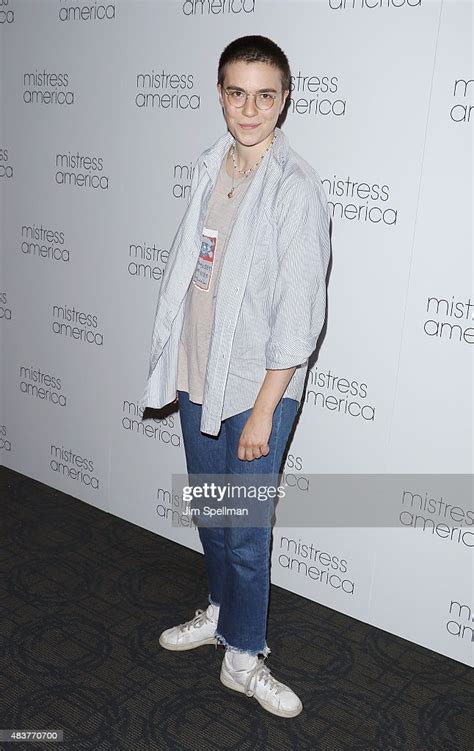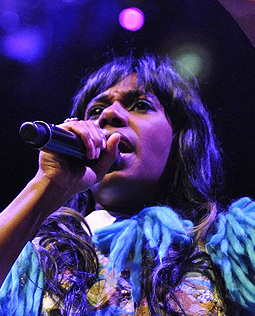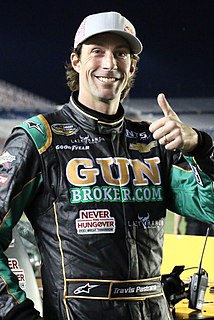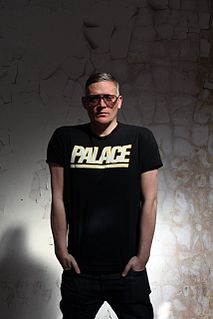A Quote by Richard Edelman
We're promoting the concept of public engagement. It's as much about what clients do as how they say it. It's about being in people's lives, taking on relevant, of-the-moment issues.
Related Quotes
If one takes a public stand against, say, most any sin you can think of, one is considered "courageous" and a "defender of the faith." Folks will quickly applaud you and tell you how much they admire you for "taking a stand" on biblical truth. Except if you quote Matt. 5:44 and invite people to apply it in any sort of meaningful, literal way. The moment one begins to talk about loving your enemies they all of a sudden become "liberals," "extremists," or are accused of completely taking an otherwise straight forward passage "out of context.
I see a huge, huge divide between the people who are facing the most barriers and violence and the kinds of stories being told in mainstream American politics. The issues that I think most about - how many people's lives are being affected by prisons and policing, how many people's lives are being affected by immigration enforcement and deportation - those stories aren't being touched, let alone told, in mainstream politics.
I think, at some level, we see young people all over the country mobilizing around different issues, in which they're doing something that I haven't seen for a long time. And that is, they're linking issues together. You can't talk about police violence without talking about the militarization of society in general. You can't talk about the assault on public education unless you talk about the way in which capitalism defunds all public goods. You can't talk about the prison system without talking about widespread racism. You can't do that. They're making those connections.
You're in a movie, so you have to think about how something plays. It's not like you're thinking about how an audience is going to react. You're trying to present the story. You're trying to illuminate the lives of these people in the story. So I'm thinking about how my behavior as this character best illuminates what's going on with them in this moment in time. I always say it's sort of the director's job. People think that the directors direct actors. No. Really, what the director's doing is directing the audience's eye through the film.


